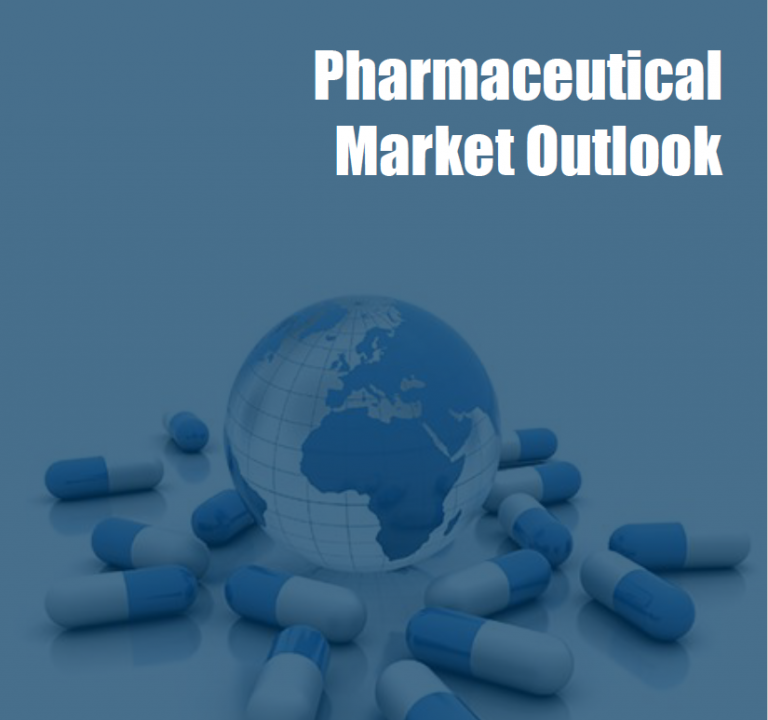The African pharmaceutical market is estimated to reach approximately $45 billion by 2020. Some of the major factors contributing to the growth of the pharmaceutical market in Africa are economic development, growing urbanization, an increase in chronic lifestyle diseases and an increase in health care spending. In the decade of 2000, the value of the African pharmaceutical market was around $4.7 billion, which jumped to ~$20.8 billion in the year 2013. The pharmaceutical market in Africa is growing at a rapid pace and it is good news for the pharmaceutical companies and pharmaceutical machinery manufacturers looking for the new growing markets.
The African pharmaceutical market is expanding as Africa has almost 13% of the world population. As per the research, Africa contributes only 3% of global medicine production. Approximately 95% of the medicines consumed in Africa are supplied by countries like Morocco and South Africa, which produces up to 80% of their medicines. However, considering the growth opportunity many western pharmaceutical companies and Asian pharmaceutical manufacturers have started investing in increasing production capacity in the region. As a result, there is a huge potential for pharmaceutical machinery manufacturers in Africa.

Growth Factors of the Pharmaceutical Industry in Africa
The pharmaceutical market in Africa is witnessing growth in every sector. In the duration between 2013 and 2020, prescribed drugs and over the counter medicines are estimated to grow at approximately 6% and medical devices at ~11%.
Rapid urbanization is one of the biggest factors contributing to the growth of the pharmaceutical market in Africa. By 2025, close to 22 cities will have a GDP of more than $20 billion. Because of the better logistics infrastructure and healthcare facilities, urban households have easy access to modern medicines.
Improving health care infrastructure is also boosting the growth of the pharmaceutical industry in Africa. In the duration of 2005 to 2012, there was a massive improvement in health care infrastructure in Africa. Approximately 70000 new hospital beds, 16000 doctors and 60000 nurses were added during this time frame.
Changing Business Environment for African Pharmaceutical Industry
Currently, Africa is going through a transition phase, on its way to matching global standards. To create a more open and supportive business environment, governments have brought in price control and import restrictions to encourage domestic manufacturing of drugs. Currently, pharmaceutical manufacturing is expanding and many mergers and acquisitions, partnerships, strategic alliances and joint ventures between pharmaceutical companies and pharmaceutical equipment manufacturers are further expanding the markets.
Exporting to African Pharmaceutical Markets
When many pharmaceutical markets are slowing down, Africa is the market with the highest growth potential. For all the pharmaceutical companies and pharmaceutical equipment manufacturers, understanding the market in detail is a key to success. Companies entering the market early with the right approach can definitely have a competitive advantage. As per the current developments, the African pharmaceutical market will continue to grow in the future. In some parts of Africa, supply and distribution channels have some challenges. It is important for companies to set up effective distribution channels to get the best growth opportunities.
